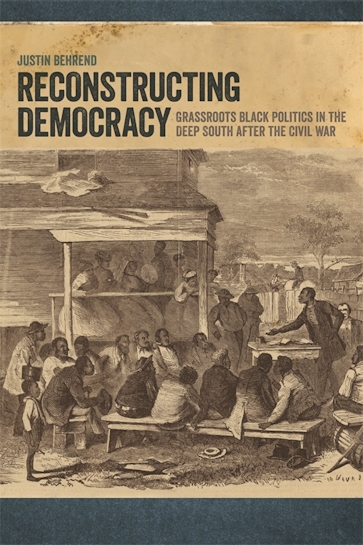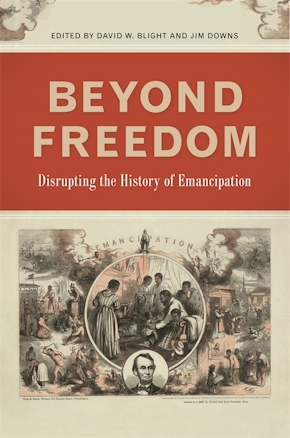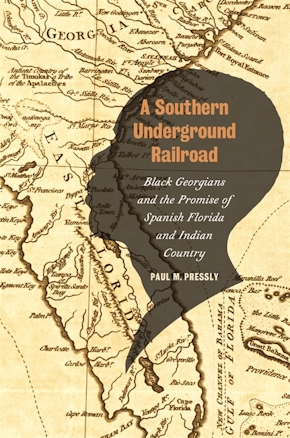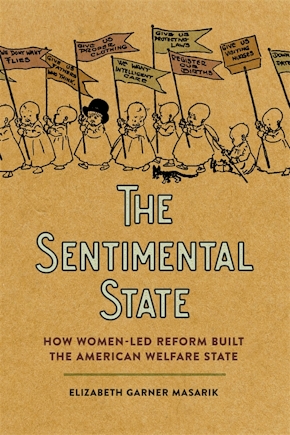Reconstructing Democracy
Grassroots Black Politics in the Deep South after the Civil War
Title Details
Pages: 376
Illustrations: 7 b&w photos
Trim size: 6.000in x 9.000in
Formats
Paperback
Pub Date: 04/15/2017
ISBN: 9-780-8203-5142-1
List Price: $34.95
Hardcover
Pub Date: 01/15/2015
ISBN: 9-780-8203-4033-3
List Price: $62.95
eBook
Pub Date: 01/15/2015
ISBN: 9-780-8203-4785-1
List Price: $62.95
Related Subjects
Reconstructing Democracy
Grassroots Black Politics in the Deep South after the Civil War
How politically engaged freedpeople shaped a new system of governance in the South
Skip to
- Description
- Reviews
- Awards
Former slaves, with no prior experience in electoral politics and with few economic resources or little significant social standing, created a sweeping political movement that transformed the South after the Civil War. Within a few short years after emancipation, not only were black men voting but they had elected thousands of ex-slaves to political offices. Historians have long noted the role of African American slaves in the fight for their emancipation and their many efforts to secure their freedom and citizenship, yet they have given surprisingly little attention to the system of governance that freedpeople helped to fashion. Justin Behrend argues that freedpeople created a new democracy in the Reconstruction era, replacing the oligarchic rule of slaveholders and Confederates with a grassroots democracy.
Reconstructing Democracy tells this story through the experiences of ordinary people who lived in the Natchez District, a region of the Deep South where black political mobilization was very successful. Behrend shows how freedpeople set up a political system rooted in egalitarian values wherein local communities rather than powerful individuals held power and ordinary people exercised unprecedented influence in governance. In so doing, he invites us to reconsider not only our understanding of Reconstruction but also the nature and origins of democracy more broadly.
—Julie Saville, American Historical Review
—Erik Mathisen, Reviews in History
—John C. Rodrigue, Journal of American History
Winner
McLemore Prize, Mississippi Historical Society



